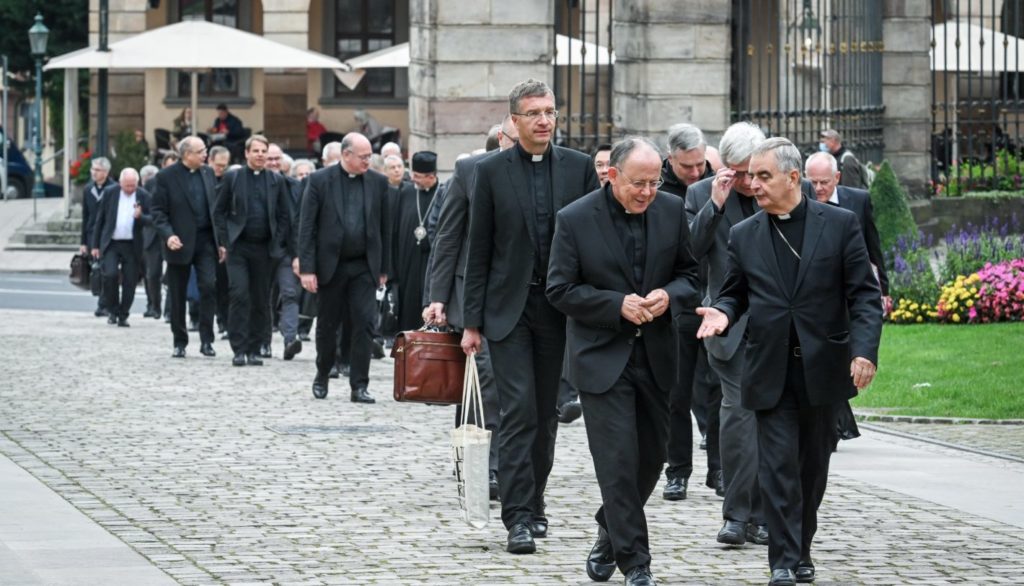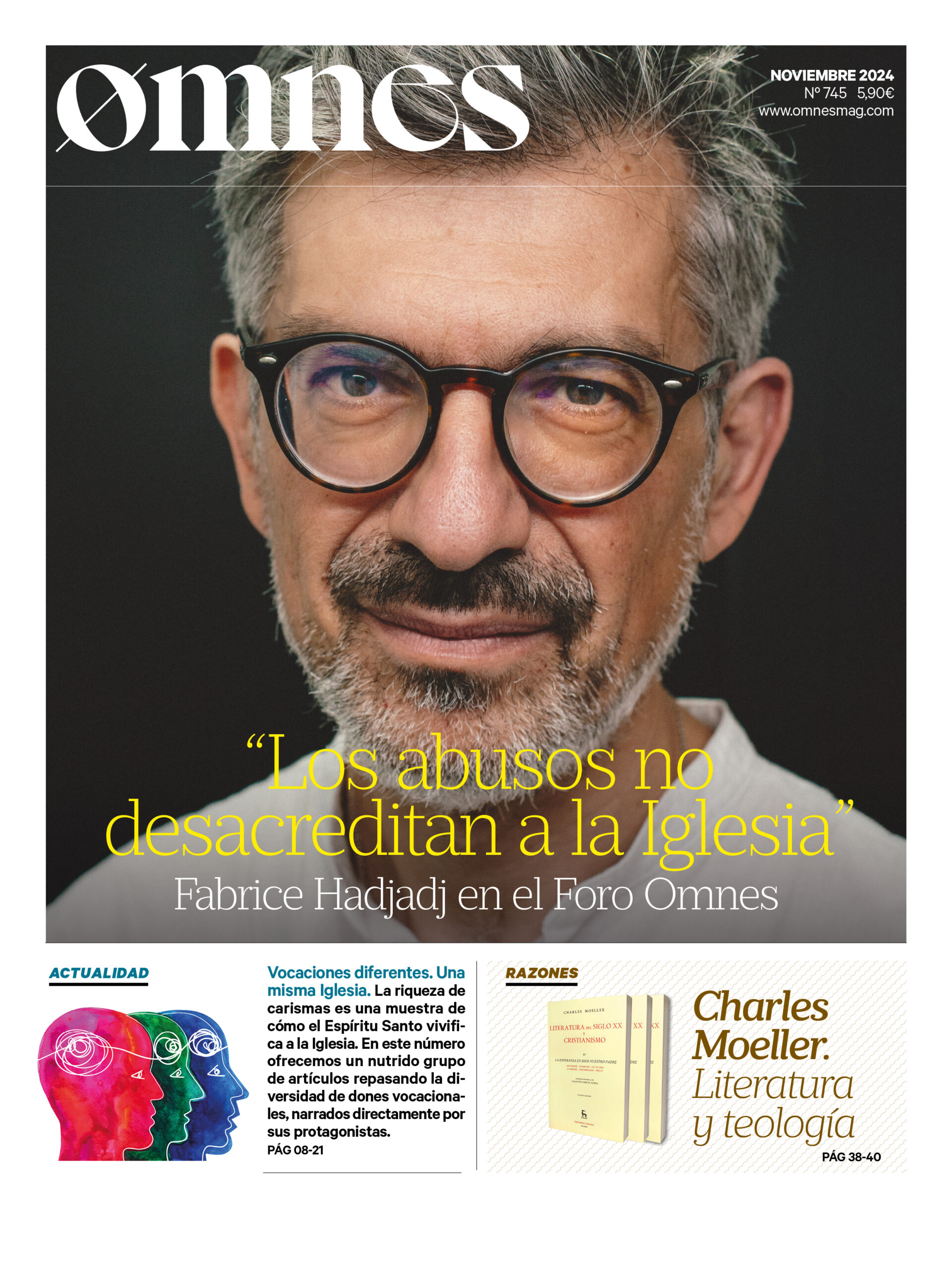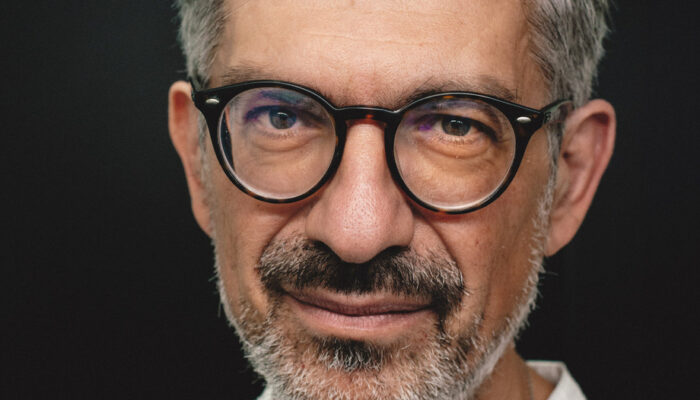The plenary assembly of the German Bishops' Conference (DKB) ended its four-day meeting in Fulda on Thursday, September 23. After the spring assembly - the DKB plenary assembly meets twice a year, in spring and autumn - had to be held in Fulda on September 23, the DKB's plenary assembly was held for four days. online due to COVID-19, this time it was again in a face-to-face format.
In his words of greeting, Nuncio Mons. Nikola Eterović made reference to the interview held by Pope Francis with COPE on September 1, quoting the words of the Holy Father: "About that, I allowed myself to send a letter. A letter that I wrote myself in Spanish. It took me a month to do it, between praying and thinking. And I sent it to him at the right time: original in Spanish and translation into German. And there I express everything I feel about the German synod. It is all there.
"One of those things that the Pope says in the letter" - Bishop Eterović continued - "was underlined by Cardinal Secretary of State Pietro Parolin, in his homily in the Basilica of St. John in Berlin on June 29, 2021 on the occasion of 100 years of diplomatic relations between the Holy See and Germany: 'Every time an ecclesial community has tried to get out of its problems alone, relying only on its own strengths, its own methods and its own intelligence, it has ended up multiplying and perpetuating the very evils it was trying to overcome'." Cardinal Parolin then asked that ecclesial communion be valued in the Catholic sense, that is to say, in the universal sense".
The Nuncio thus warned against possible "particular paths" of the German Synodal Way, one of the central themes of the meeting of the episcopate, to which the assembly devoted exclusively half a day of reflections and conversations. Georg Bätzing, the Bishops' Conference understands "the Synodal Way of the Church in Germany as our approach to a lived synodality of the Church"; the president of the DBK added: "We continue to dialogue and work together on perspectives so that we can also contribute our experiences to the Synodal Way of the universal Church".
At the press conference at the end of the plenary assembly, Bishop Bätzing returned to this: "The Synodal Way that Pope Francis is walking with the whole Church and the Synodal Way in Germany are two ways that have a common goal: to make the Good News of the Gospel visible and liveable today under the 'signs of the times'; it is about a strengthening in faith, a renewal of the Church and a recovery of trust and credibility. Both forms complement each other. As far as I can see, this is also valid for the numerous synodal processes and paths in other countries. I welcome this dynamic.
In this context, one of the most controversial aspects has been the "base text" of one of the synodal forums, entitled "Power and separation of powers in the Church". Some bishops - and other members of the synodal path - underline that this text suffers from a lack of theological norms, from wanting to democratize the Church according to socio-political criteria and from undermining the office of bishop.
Before the DBK meeting in Fulda, Bishop Rudolf Voderholzer of Regensburg (Regensburg) published in early September, on a website created for this purpose, an alternative text prepared by several members of the synodal path. However, the presidents of this synodal forum - Claudia Lücking-Michel, vice-president of the "Central Committee of German Catholics", and the Bishop of Essen, Msgr. Franz-Josef Overbeck - refused to discuss this alternative text.
On the other hand, in a conference given in Augsburg, the German Cardinal Walter Kasper, President Emeritus of the Pontifical Council for Promoting Christian Unity, supported the alternative text, because it "analyzes the existing problems in a clear way, argues according to the sense of the Second Vatican Council and proposes effective and feasible reform measures". According to the Cardinal, this text "understands tradition as an invitation to be surprised by new ideas. It is the result of a mediating theology". Moreover, he emphasizes that "we must not turn everything upside down. On the basis of the Council, it is possible to go further in the spirit of the Council without entering into conflict with the doctrine of the Church".
At the press conference at the end of the general assembly of the DBK, Bishop Bätzing emphasized that "there is no joint opposition against the fundamental lines of the basic text of the synodal forum", but only "criticisms that will be taken into account in the subsequent work on the text". In the DBK's Commission for the Doctrine of the Faith, the objections were dealt with in a "joint" "discussion".controversial, but good debate"Bätzing, but the proposals for change were not accepted. The Commission for the Doctrine of the Faith stresses - the DBK president continued - that "the desired and necessary reforms and changes must be directed to the goal of strengthening the Church in its essence, enabling it to proclaim and regain its credibility.
Therefore, in dealing with power, a way must be sought that does justice both to the people accustomed to political-social norms and to the Church. Therefore, there should be no opposition between [episcopal] Consecration and [diocesan] Direction, but changes must be made in terms of control of the direction, through transparency and participation."
Another topic that occupied the attention of the DBK plenary assembly was the issue of sexual abuse; as will be recalled, the report of three universities ("MHG study 2018") is at the origin of the German synodal path, introduced to find effective measures to prevent such abuses from occurring in the future. One of the concrete measures approved at the current assembly was the standardization in clergy files, because in that way "it is possible that accusations of sexual abuse, in the future, will be documented in all dioceses in a binding, unified and transparent way."
Bätzing recalled in the final press conference that the creation of an "advisory committee of those affected" attached to the Bishops' Conference "facilitates closer cooperation and a permanent exchange with those affected. He added: "The issue of sexual abuse is a matter of constant concern to us. I would like to assure you once again that this dark chapter in the Church remains high on our agenda. We have committed ourselves to taking up and clarifying the situation in 2010 and we are working through this painful process, in which there is progress as well as setbacks."
However, coinciding with the plenary assembly, one of the members of the advisory committee of those affected in Cologne, Peter Bringmann-Henselder, stated that he doubted the suitability of Bishop Bätzing to deal with abuse cases in the Catholic Church. Bringmann-Henselder refers specifically to his activity as Vicar General of the Diocese of Trier in the years 2012-2016: "From those years there are known cases of abuse. Did Bishop Bätzing know anything? Did he conceal anything? Until those facts are not cleared up he should step down from the presidency of the DBK and clear up the abuses both in Limburg [the diocese he has presided over since August 2016] and in Trier. All such cases must be dealt with relentlessly, as has been done in the diocese of Cologne."
In his homily at Mass on Thursday, Cardinal Woelki made reference to a central point. Glossing on the life of St. Pio of Peltrecina, whose feast was celebrated that day, he said: "Whoever seeks only sensationalism will be blind to the action of God, who wants people to change for the better, in order to bring them into communion with him and to perfect joy. Let us not allow ourselves to be impressed in our lives by externals and let us not be distracted from asking for and seeking communion with God and His will behind things. For only there do we find the life that allows us to truly live".








